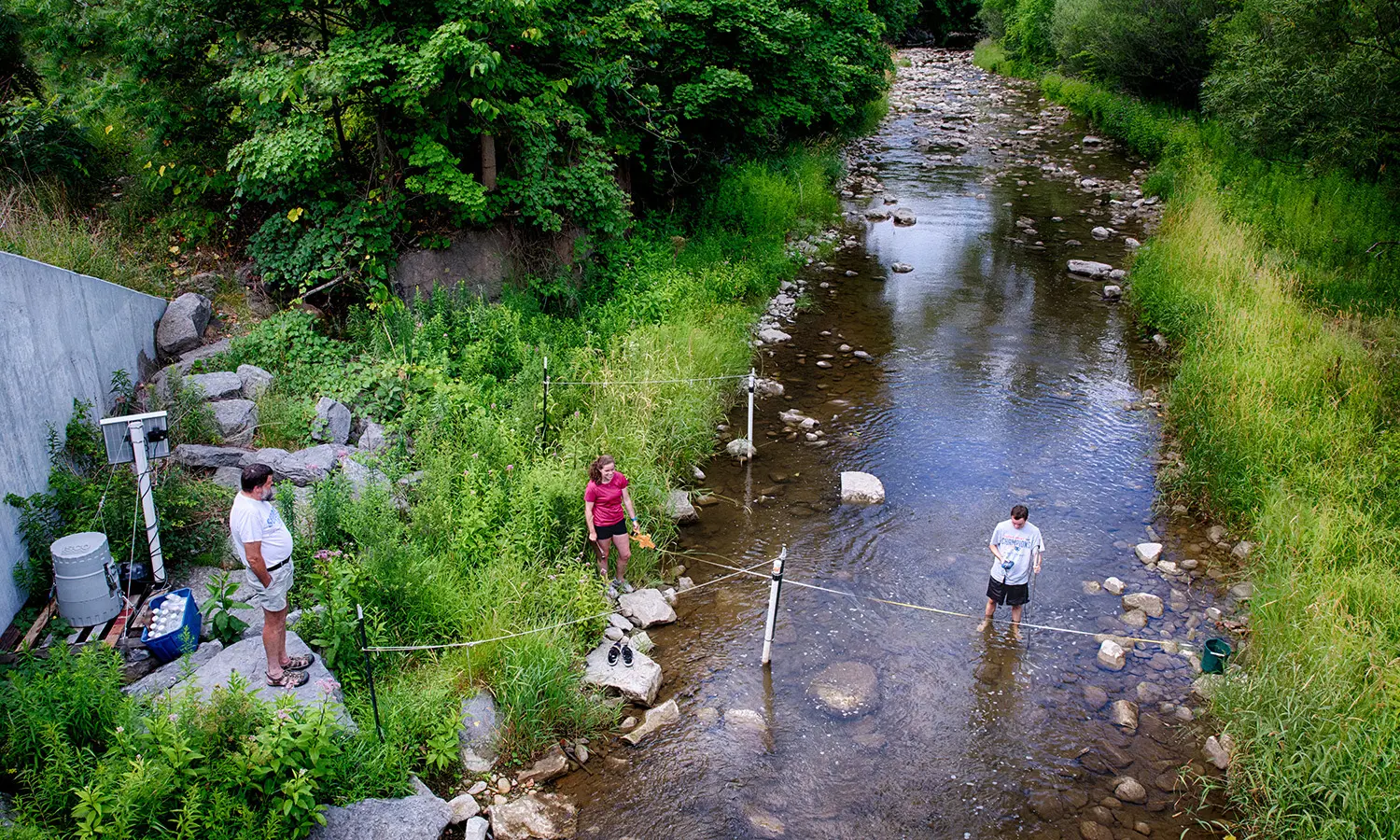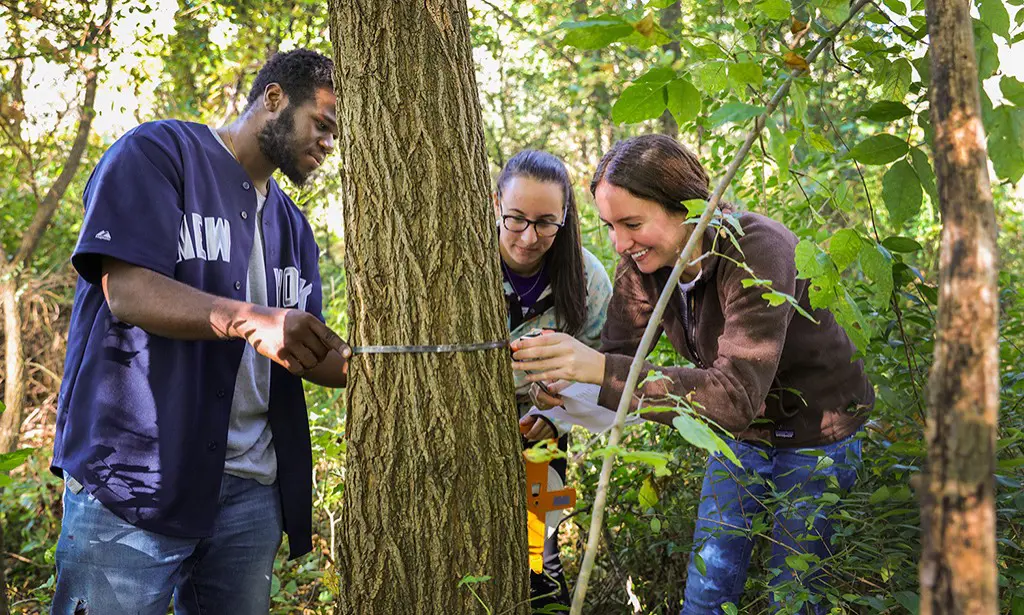Student SpotlightFinn Foley '25

majors: environmental studies, Economics
“Before HWS, I had a strong interest in studying the environment and sustainability. My interest only expanded after taking “Topics in Environmental Studies-Energy.” During my sophomore year, I made one of my best decisions ever by studying abroad in Auckland, New Zealand where we learned about sustainable development with Associate Professor of Environmental Studies Whitney Mauer. For an Honors thesis with Professor of Management and Entrepreneurship Tom Drennen, I will travel to Azerbaijan to attend international climate negotiations. I plan to use my education in Environmental Studies and Economics to work towards a just energy transition in my career ahead."






![$intro-image[2]/descendant::img/@alt](/images/academics/enviro/abroad.jpg)





